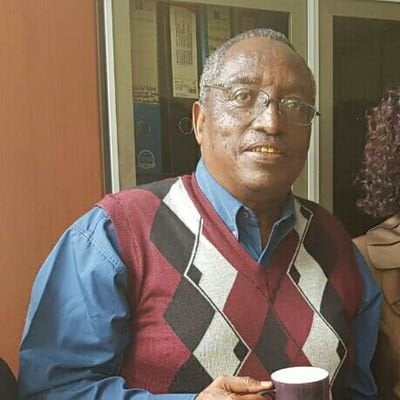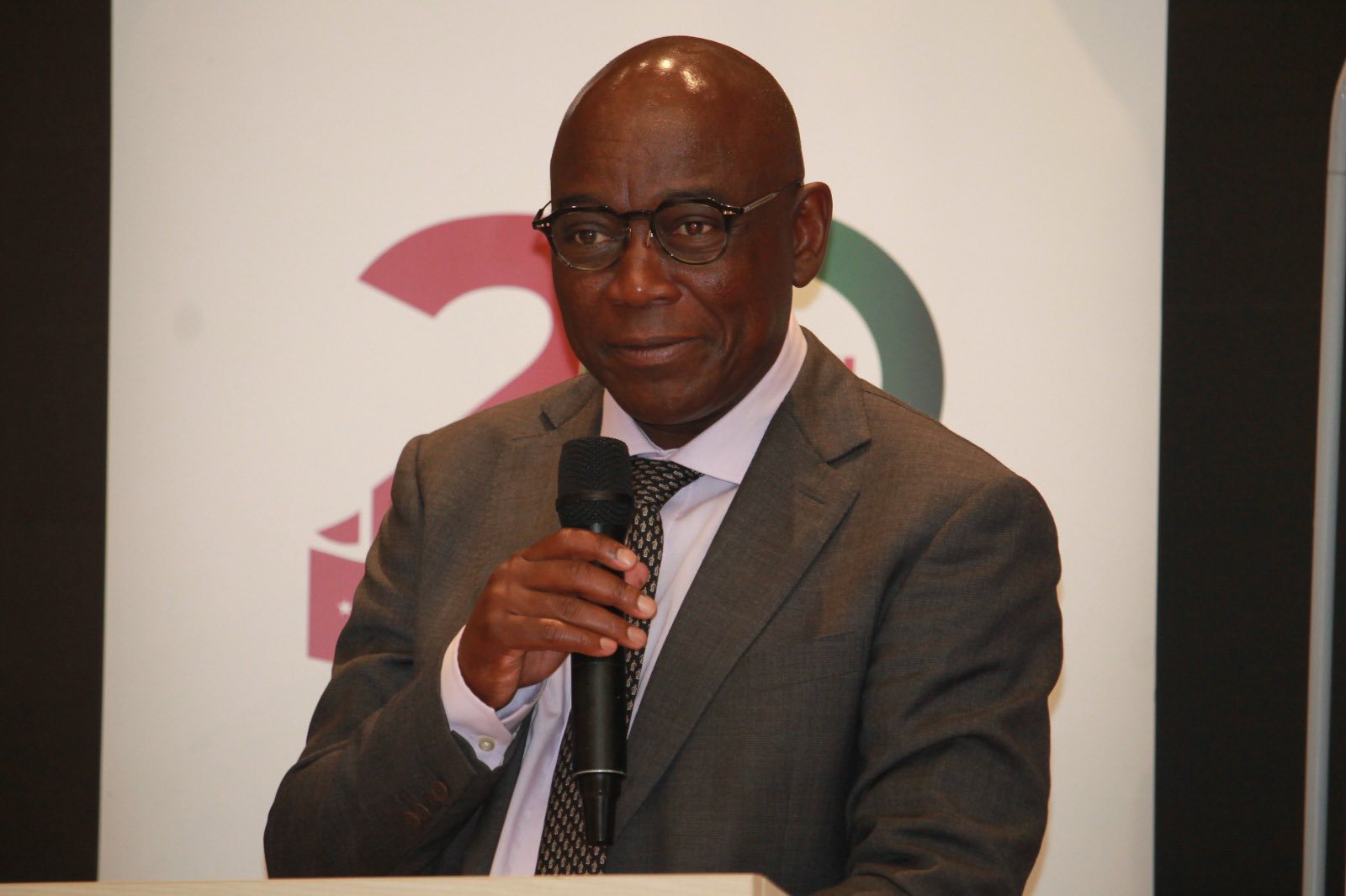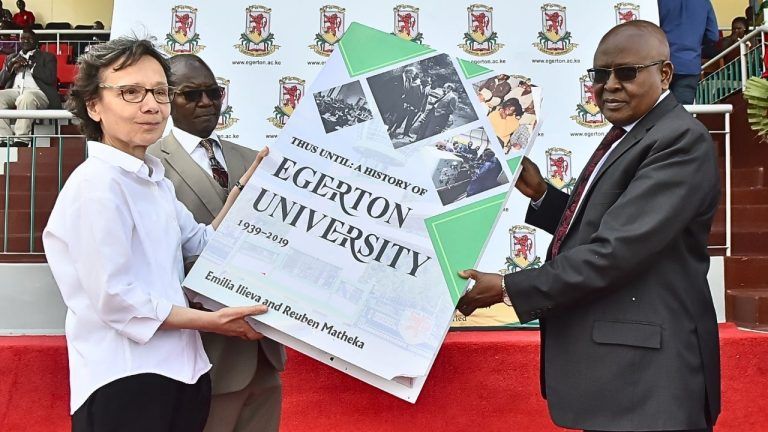BY SAM OTIENO
Henry Rufus ole Kulet is one of Kenya’s most decorated writers and a prolific novelist for over four decades since he penned his maiden novel Is It Possible? in 1971.
Subsequently, he has written other nine bestseller novels such as Daughter of Maa (1987), Moran No More (1990) and Vanishing Herds (2011).
He has won several literary awards such as Jomo Kenyatta Literary Prize for his well-crafted novels: Blossoms of the Savannah (2009) and The Elephant Dance (2017).
His novel, Blossoms of the Savannah is currently a compulsory set-book in Kenyan secondary schools.
Speaking from his Nakuru home, the seasoned writer recapped his stellar journey in writing and his love for the written word in an interview with writer Sam Otieno.
“First things first; how have you managed to keep your literary fire burning since you penned your debut novel Is It Possible? close to half a century now?” he was asked.
He responded, “It’s all about interest. My love for the written word started in school when my teachers recognised my innate writing ability. They always cheered me to continue writing.”
“When Longman Publishers, which later rebranded to Longhorn Publishers, released my first book Is It Possible? in 1971, my interest in writing was further aroused and I swore never to look back again.
He writes about the Maa culture with much sensitivity and accuracy of a surgeon’s scalpel.
He was then asked what inspired him to chronicle about the way of life of the Maasai community.
He posited: “I’m a Maasai by birth. I know no other culture better than mine. The kind of informal education I received from my grandma about the Maa way of life bequeathed me with life as a Maasai.
“I’m so privileged to have written vastly about my culture in writings such as Daughter of Maa and Moran No More,” he retorted.
When I first read his novel Blossoms of the Savannah, it was so glaring that ole Kulet is a weaverbird of words, which made seek to know how he pens such fascinating phrases with much ease, I noted.
With amusement, he replied that he grew up within the Savanna-land which made him write about what he knows as most of his books are staged within the vast grassland.
He added that the best way to write is out of experience for words to easily flow from the ball-pen.
In Blossoms of the Savannah, he piercingly talks about subtle matters like Female Genital Mutilation (FGM) and early marriages that have dogged the Maa community for eons.
“So far, what gains has the community made about these ferocious cultural practices?” I prodded.
“FGM and early marriages are deeply embedded in our culture and may not easily be uprooted but we have made a lot of progress as a greater percentage of our girls can now access boarding schools where they are safe from such barbaric acts,” said Kulet.
He further expressed satisfaction that “as a penman” he has campaigned on the danger of those practices through his books.
“I’m elated that with Blossoms of the Savannah being studied in our high schools, my message about FGM and teen marriages will now reach a wider audience,” he said.
He laughed when asked if his novel on Blossoms of the Savannah being selected by Kenya Institute of Curriculum Development (KICD) made him lose his head in some way.
He responded: “Age doesn’t allow me to lose my head. I’ve received prestigious literary accolades before such as Jomo Kenyatta Literary Prize (thrice) for Blossoms of the Savannah (2009), Vanishing Herds (2013) and The Elephant Dance (2017). Blossoms of the Savannah has been previously studied at O-Level in Tanzania while in Uganda it was picked for A-Level classes.”
He added that in 2019, he was also honored by President Uhuru Kenyatta with Elder of the Burning Spear (EBS) medal for his writings.
Prof. Evan Mwangi sometime back claimed that Kulet suffered from cultural and intellectual marginalisation and that’s why his works had not received critical attention from readers.
His take on the aphorism is that he has never been concerned about recognition in his entire writing career, as long as he writes.
“In fact, I was previously branded as an ethno-writer and that my works are mainly premised within the confines of the Maa people,” he retorted.
He continued: “I don’t feel really marginalised as a writer. It’s my works that matter and not me. Few people may not know this, but since my first novel Is It Possible? was published I have been writing.”
The fact that his pen has never run out of ink, to him is enough recognition and he is proud about his works receiving some critical attention.
“I strongly feel that Ngugi wa Thiong’o got first to the literary limelight and that’s why his writings have always received much publicity from readers,” he says.
With ten novels tightly under his belt and still keeping his literary eyes on birthing more books; what’s that special gift that he holds as a novelist?”
“It’s a God given talent. I always tell people that a talent can only be seen when it’s working. It’s your sole responsibility to sharpen and nurture it to fruition. Every book I birth gives me some fresh synergy to pen another one,” he answered.
The writer thereafter punctuated the three hour sit-down with book marketing and asked him why he holds that an author shouldn’t hawk books in the streets when he always harbours the view that a writer should market his or her books.
He gawked for a while and responded that he feels writers deserve respect and shouldn’t be on the streets giving self-praise about their writings.
“Let the publishers do the sale and marketing part. If you write a good book, it will definitely market itself,” he said.
As we took a walk in his well-stocked home library, I finally queried him: Has our reading culture improved in the last decade or we’re still a literary desert as once claimed by the Sudanese poet, Taban lo Liyong?”
He said the reading culture is still not buttressed in this region, though; we’ve made some promising strides.
That he thinks, is largely down to our education system which is highly examination oriented.
“People should read for pleasure but we’re a country that thinks that money should be given the first priority and not books,”he summed up.
The writer is a literary enthusiast and a commentator on literature
Quote
‘As an elderly writer, age doesn’t allow me to lose my head over literary awards – Henry ole Kulet:






